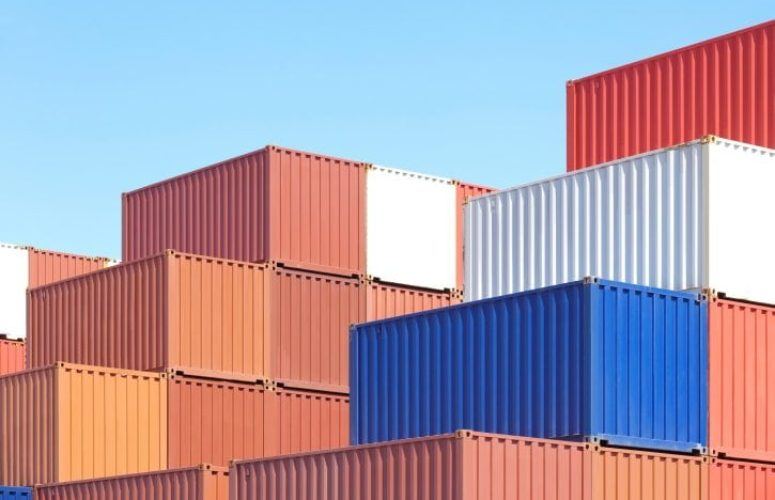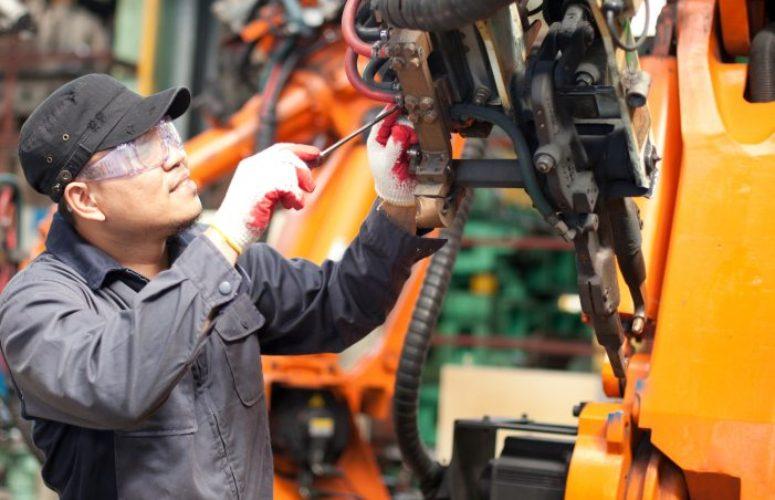
Survey: Manufacturers Want Increased Trade with Europe
New Regulations and Taxes Will Hurt Expansion
On Mar 27, 2023The National Association of Manufacturers’ recent Q1 2023 Manufacturers’ Outlook Survey has found that expanding trading opportunities with Europe is a top priority for manufacturers, with more than 77% of respondents supporting negotiating new agreements with European nations.
“At a time when democracy and free enterprise are under attack from forces around the world, America can provide the leadership needed to defend our values, our institutions and our way of life,” said NAM President and CEO Jay Timmons. “By advancing an ambitious trade agreement agenda, we can ensure that the US—and not competitors like China—writes the rules for the global economy and trading system. That has been the focus of our conversations with government, association and business leaders across Europe over the past week.”
The survey also continues to illustrate the need for Washington to enact policies that support the sector’s competitiveness as businesses face record job openings and increased production and input costs.
“With geopolitical turmoil and a banking crisis injecting further uncertainty into the economy, policymakers must act with urgency on key tax, trade, permitting and regulatory proposals if they want to help manufacturers in America fend off a recession,” said Timmons.
Background: Manufacturers have called on Congress and the White House to address key tax, trade and permitting policies in recent months and have pressed lawmakers to work across the aisle to move legislation. The NAM conducted the survey from Feb. 21 to March 7, 2023.
Key Findings:
- Of companies that are engaged in international trade, nearly two-thirds of manufacturers said that Europe was either a somewhat or very important market for their company. With that in mind, 77.7% would support U.S. efforts to launch market-opening trade agreement negotiations with countries in Europe.
- Nearly three-quarters of respondents (74.9%) listed attracting and retaining a quality workforce as a primary business challenge, with increased raw material prices (60.1%) and supply chain challenges (55.8%) the next biggest impediments.
- More than 90% of respondents said that higher tax burdens on manufacturing income would make it difficult for their companies to expand their workforce, invest in new equipment or expand their facilities. Similarly, 93.9% suggest that increased regulatory burdens would weaken their ability to invest in their workers, equipment or facilities.
- More than 74% of respondents said that permitting reform—which would simplify and speed up the approval process for new projects—would be helpful to their manufacturing company, allowing them to hire more workers, expand their business or increase wages and benefits.
Conducted by NAM Chief Economist Chad Moutray, the Manufacturers’ Outlook Survey has surveyed the association’s membership of 14,000 manufacturers of all sizes on a quarterly basis for the past 25 years to gain insight into their economic outlook, hiring and investment decisions and business concerns.
The NAM releases these results to the public each quarter. Further information on the survey is available here.
To access more business news, visit NJB News Now.
Related Articles:





